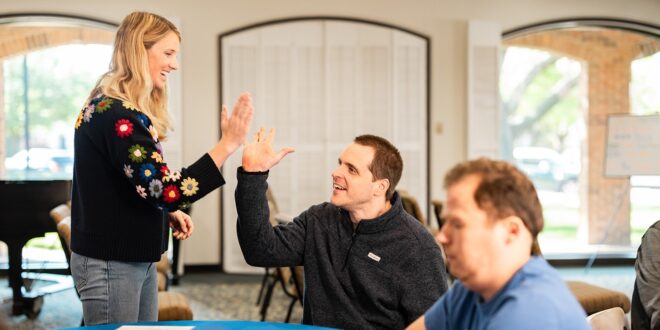For adults with mental disabilities, building independence is a crucial part of living a full and meaningful life. Independence fosters confidence, self-esteem, and greater participation in the community.
One of the most effective ways to nurture these skills is through enjoyable, engaging activities that feel more like fun than structured learning. In this article, we’ll explore how various activities for adults with mental disabilities can be powerful tools for growth, highlighting specific examples and the valuable skills they help to build.
Why Recreational Activities Matter
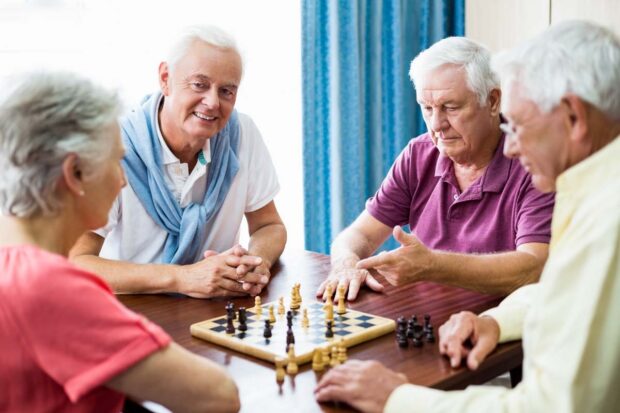
Recreation is much more than just a way to pass the time — it’s an important opportunity for learning and development.
Through creative and active engagement, individuals strengthen cognitive abilities, improve social interactions, and practice daily living skills.
Participating in recreational activities also provides psychological benefits: it sparks joy, builds self-confidence, and fosters intrinsic motivation to keep trying new things. Fun experiences are often the most memorable and meaningful, making learning natural and long-lasting.
They also allow for spontaneous discovery and experimentation—trying a new paint color, finding a rhythm in music, or exploring the feel of different textures in crafts.
These subtle experiences build neural connections and foster curiosity. Structured learning often misses these moments, but fun-based learning makes room for creativity and exploration. A
dditionally, when individuals are given the chance to engage in play without fear of failure, they are more willing to take risks, which is crucial for developing problem-solving skills and personal growth.
In addition, these activities offer individuals a sense of autonomy over their time and interests. Being able to choose an activity, whether it’s painting or planting a garden, helps reinforce the feeling of control and agency—something many people with mental disabilities are often denied in institutional or overly structured environments.
Skill-Building Through Everyday Fun
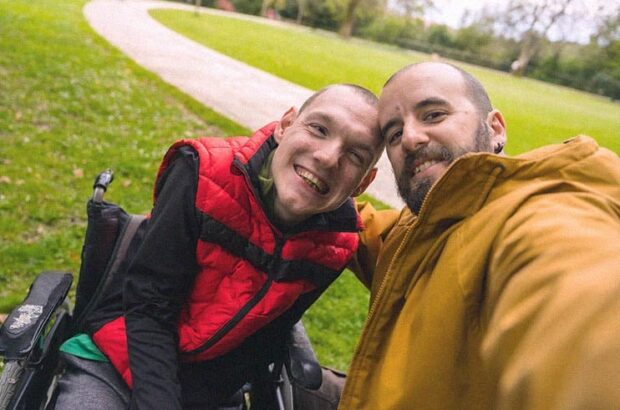
Everyday activities can offer powerful lessons when they are thoughtfully adapted and introduced:
Cooking Classes and Meal Prep
Skills Developed:
- Planning and organizational thinking
- Hygiene practices and kitchen safety
- Following step-by-step instructions
Tips: Start with simple recipes and tailor tasks to each person’s abilities—chopping softer foods, stirring, or setting the table can all be meaningful contributions.
Over time, gradually introduce more complex skills. Collaborative cooking also strengthens social bonds and can become a cherished group ritual.
Board Games and Group Games
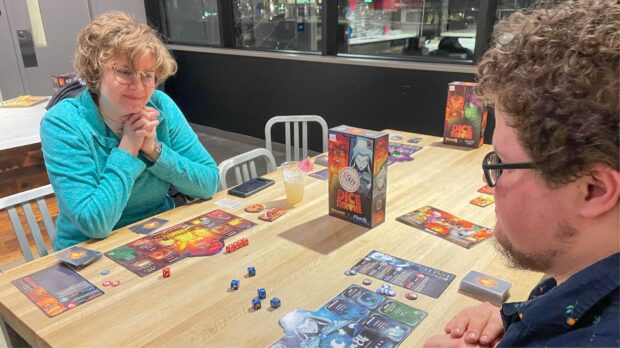
Skills Developed:
- Logical thinking and problem-solving
- Concentration and patience
- Turn-taking and teamwork
Ideas: Games like Uno, Connect Four, or simple strategy games can be educational and social. Modify rules as needed to ensure everyone can participate successfully and enjoyably.
Role-playing or storytelling games can add layers of imagination and expression, encouraging language use and narrative thinking.
Arts & Crafts Workshops
Skills Developed:
- Fine motor coordination
- Creativity and following multi-step processes
- Emotional expression and self-esteem
Psychological Impact: Creating something tangible gives individuals a powerful sense of accomplishment and offers a safe outlet for self-expression. These projects can also be themed by seasons or holidays, adding anticipation and structure to the year.
Physical Activities That Encourage Autonomy
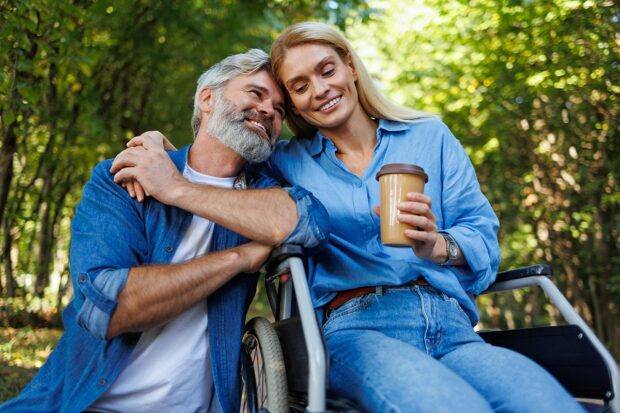
Movement-based activities also contribute significantly to independence:
Dance, Yoga, and Movement Sessions
Benefits:
- Improved coordination and body awareness
- Better emotional regulation and stress management
Examples: Adaptive dance classes, chair yoga, and rhythm-based exercises can be customized to suit different mobility levels, ensuring everyone can participate. Music-driven sessions also increase energy and can create a joyful, celebratory atmosphere.
Gardening and Outdoor Projects
Skills Developed:
- Responsibility through watering and plant care
- Environmental awareness and sensory exploration
Benefits: Being outdoors enhances mood, reduces anxiety, and connects individuals with the natural world in a calming, rewarding way. Nature walks or simple observation activities like birdwatching can further engage the senses and provide quiet moments of reflection.
Social Activities That Build Communication and Confidence
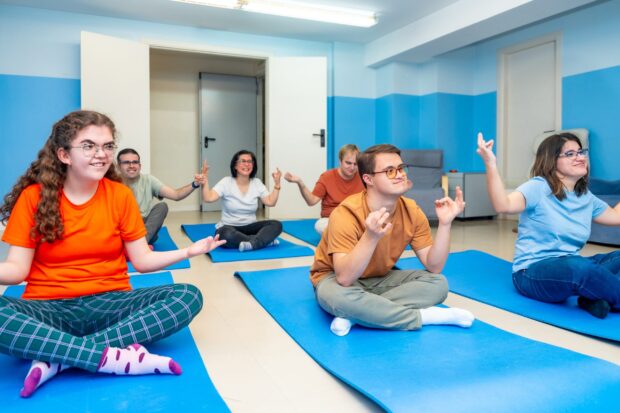
Connecting with others in structured social settings nurtures important communication skills:
Themed Clubs (Books, Movies, Hobbies)
Skills Developed:
- Verbal communication and active listening
- Respectful sharing of opinions
- Building routine and comfort through regular interaction
Structure: Clubs provide a safe, predictable environment where individuals can develop friendships and practice social skills. Shared interests spark deeper conversations and foster a sense of belonging.
Volunteering and Community Events
Skills Developed:
- Organizational skills and teamwork
- A strong sense of purpose and self-worth
Impact: Contributing to the community helps individuals feel valued and included, boosting both confidence and social integration.
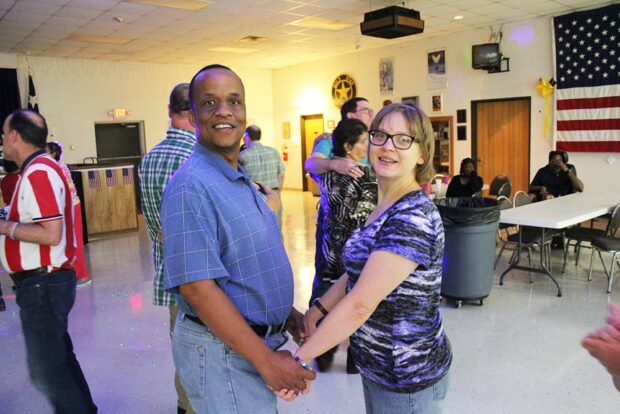
It also helps individuals learn how to manage time, follow schedules, and interact with people outside their usual circles.
These real-world interactions can spark new interests or open doors to future opportunities, including supported employment or independent initiatives.
Community engagement often leads to unexpected moments of pride—like being recognized for a contribution or simply being thanked—which reinforces the idea that everyone has something valuable to offer.
Whether it’s helping at an animal shelter or assisting with a food drive, giving back nurtures empathy and civic pride.
Tips for Families and Caregivers: Making Activities Work
- Adapt Based on Developmental Level: Break activities into manageable steps and adjust expectations to suit individual strengths.
- Support Without Pressure: Offer encouragement and guidance, but allow individuals to take the lead and make choices.
- Celebrate Small Steps: Recognizing every achievement, no matter how small, builds momentum and fosters a sense of pride and independence.
Incorporating individual preferences is also key. Some people may gravitate toward quiet activities like puzzles, while others thrive in dynamic group settings. Listening and adjusting to these preferences can make all the difference in participation and enjoyment.
Conclusion
Recreational activities aren’t just about passing time—they’re gateways to greater independence, confidence, and quality of life. Through play, exploration, and creativity, adults with mental disabilities can build real-world skills that empower them to lead richer, more fulfilling lives. Stay open, try new activities, and remember: growth often begins with a smile and a little bit of fun.
 Jewel Beat
Jewel Beat
